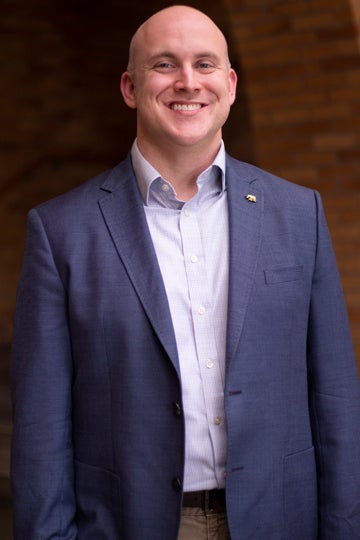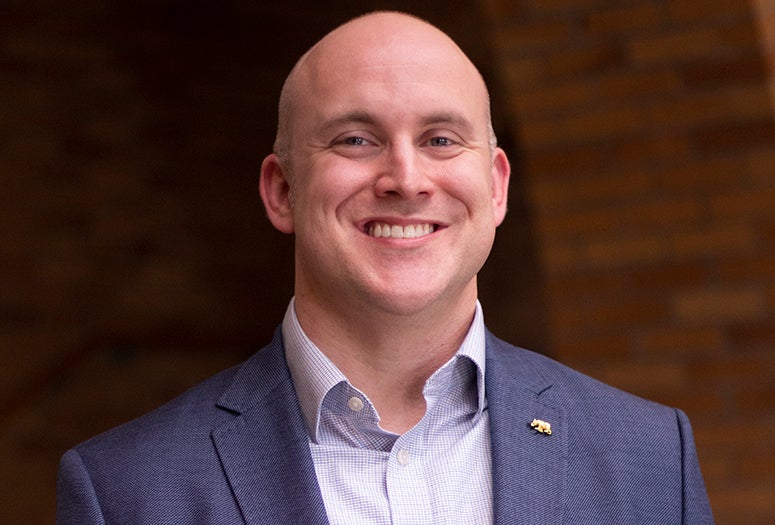BY SARAH PETERS
Lane Martin has been appointed director of the new Rice Advanced Materials Institute and Welch Professor of Materials Science and NanoEngineering in the George R. Brown School of Engineering.

Martin will begin his new roles on July 1, 2023.
Martin comes to Rice from the University of California, Berkeley, where he is the Chancellor’s Professor of Materials Science and Engineering and chairs the materials science and engineering department. He is also a faculty scientist in the material sciences division of the Lawrence Berkeley National Laboratory and co-directs the Collaborative for Hierarchical Agile and Responsive Materials (CHARM), a cooperative research effort with the Army Research Laboratory.
“I had the privilege of mentoring Lane when he was a doctoral student at Berkeley,” said Ramamoorthy Ramesh, vice president for research, professor of materials science and nanoengineering and professor of physics and astronomy. “He is a gifted scientist with the boldness and vision to build this new institute into a research powerhouse.”
Martin is a highly published researcher with work in top journals including the Nature portfolio of journals, Science, Advanced Materials, Physical Review Letters, ACS Nano/Nano Letters and more. He has earned a National Science Foundation CAREER Award, received the Presidential Early Career Award for Scientists and Engineers from the president of the United States and been named a fellow of the American Physical Society and the American Ceramics Society.
“Lane is everything we expect our faculty to be — hard-working, committed to excellence, dedicated to students and collaborative across disciplines,” said Howard R. Hughes Provost Amy Dittmar. “I look forward to seeing Rice faculty and students reap the benefits of his leadership.”
Luay Nakhleh, the William and Stephanie Sick Dean of the school, said the Advanced Materials Institute will foster broad-based, interdisciplinary collaboration.
“This institute will keep Rice at the forefront of high-impact research related to energy transition, advanced materials and future computing,” Nakhleh said. “It will empower our faculty and students to help solve some of the most pressing problems of our day.”
The institute will integrate cutting-edge chemistry, materials science, machine learning and artificial intelligence with the goal of revolutionizing energy systems, sustainable water systems, space systems, biomedical materials, telecommunications, manufacturing, transportation and security.
Thomas Killian, dean of the Wiess School of Natural Sciences, underscored the foundational nature of the institute’s work.
“This institute will build on Rice’s tradition of transformational contributions in materials, and it will strengthen the pipeline beginning with outstanding fundamental science research and leading to tomorrow’s technological revolutions,” Killian said. “I’m excited to see what students and faculty will discover and accomplish.”
—Sarah Peters is Communications Specialist for the provost.

